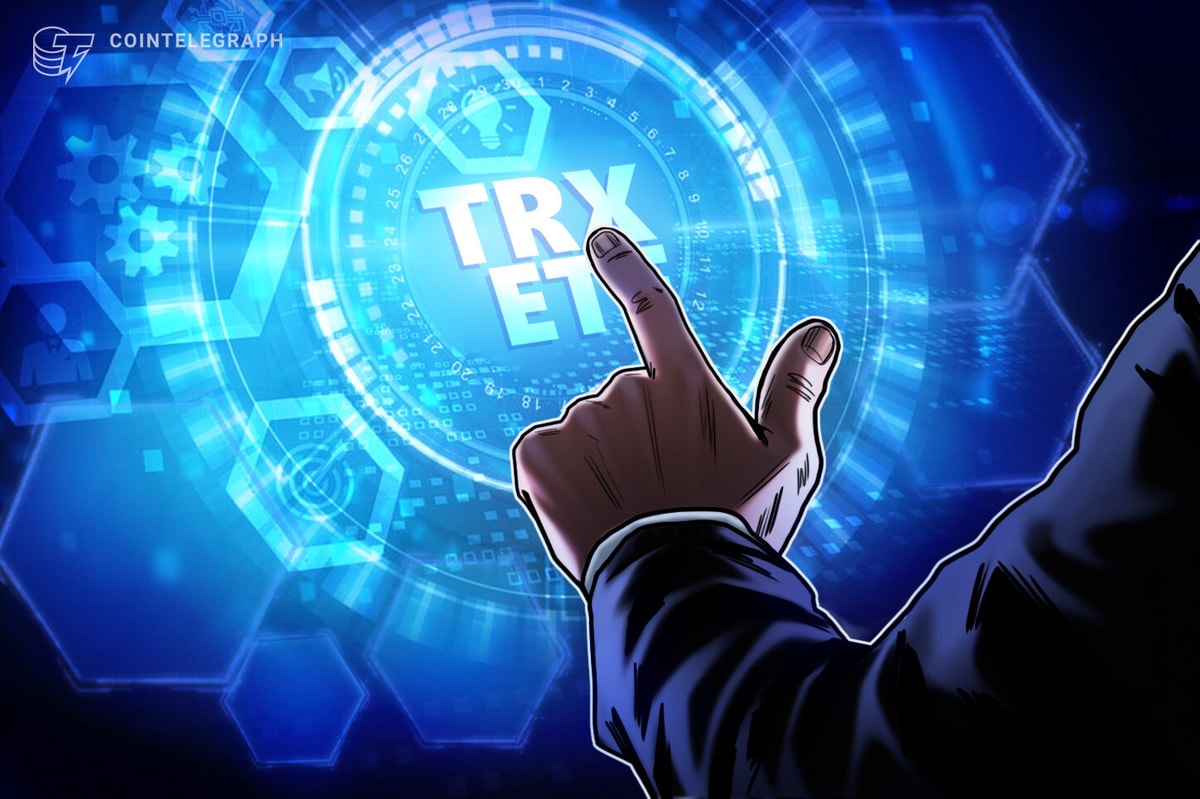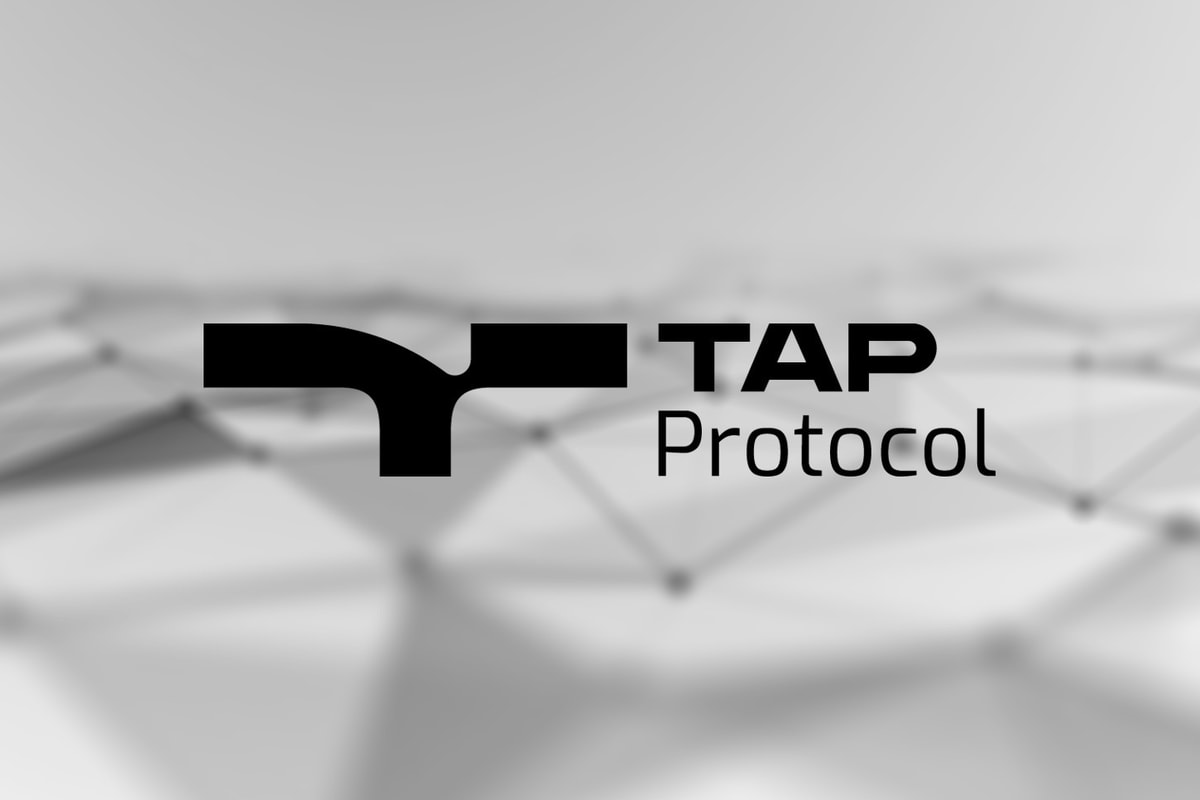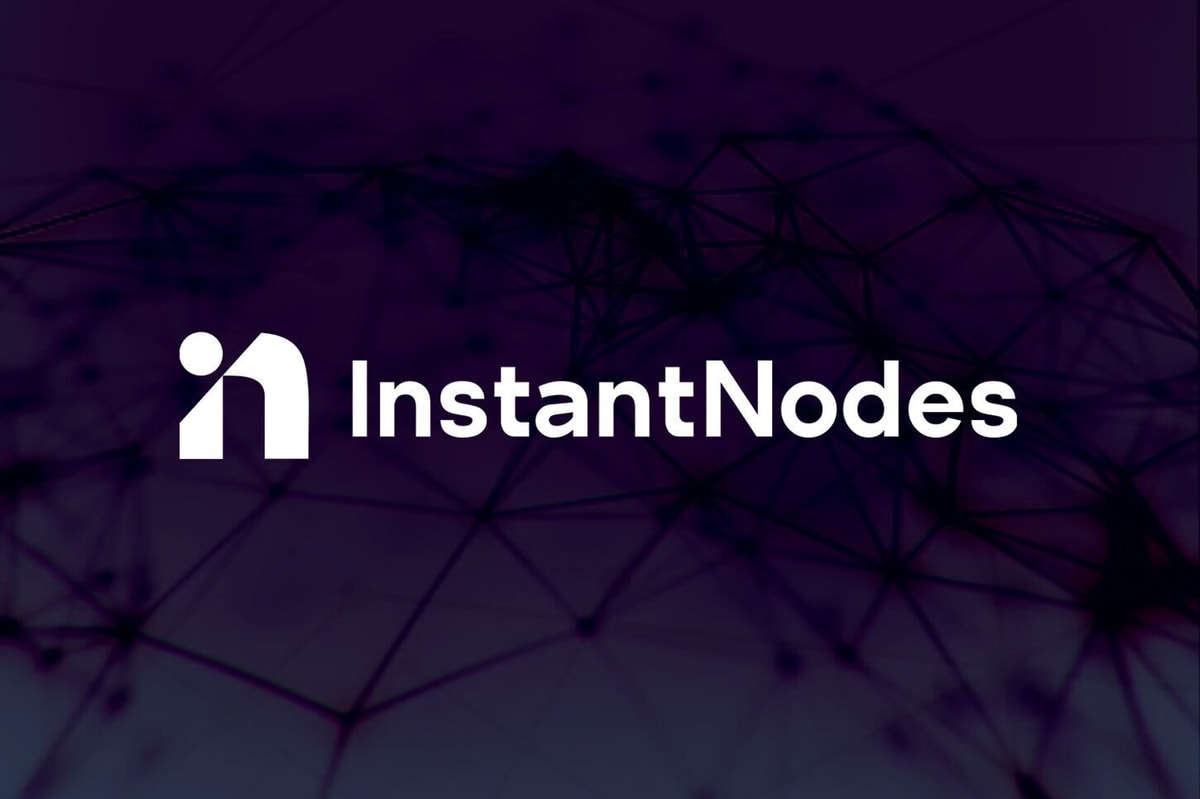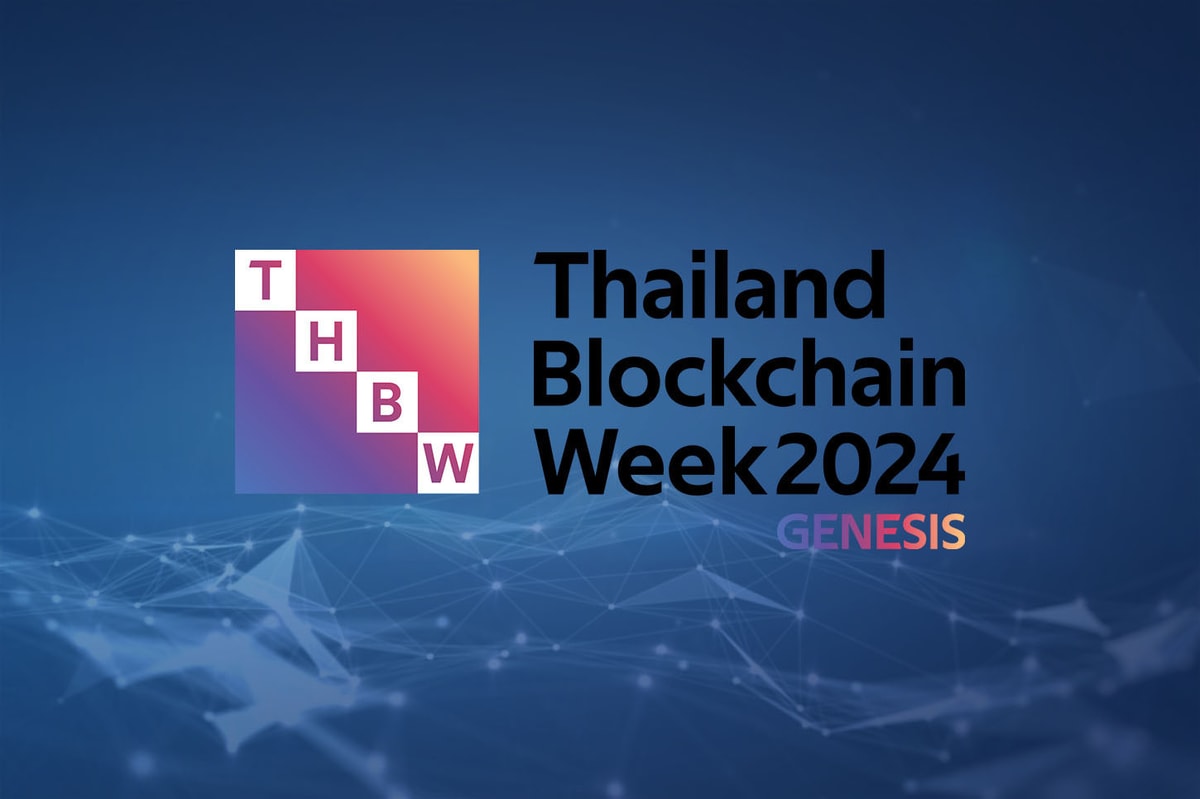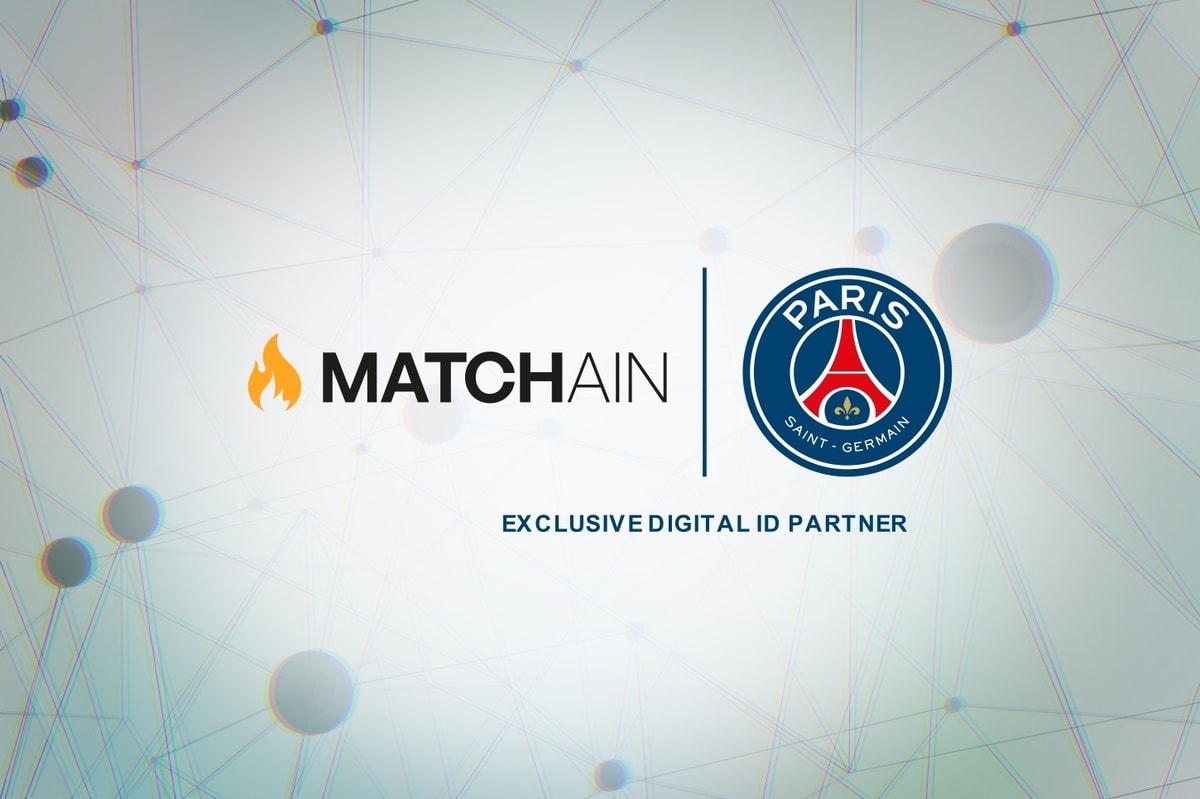Data has become the most valuable commodity in the world ever since it was recognized as something that can generate revenue, and further became business itself. IT companies such as Google, Amazon, Apple, Facebook and Microsoft became capable of operating numerous businesses using vast amounts of data. We live in an era where various advertisements connected to our personal information are presented to us regardless of our intentions.
However, there is no alternative to using cloud services to host and manage the data, ceding control of the users’ data to large centralized companies.
The Icarus Network project strives to solve these problems.
Icarus Network is a data-driven shared ledger protocol that manages governance on-chain and data off-chain, with features such as an infinite amount of data storage and backward compatibility with Ethereum. It also aims to provide scalable solutions for developing and managing data-driven distributed decentralized applications.
Icarus Artifact Network (IAN), an element of Icarus Network’s systems, addresses the challenges of traditional first-generation DApps such as slow speeds, excessive costs and lack of data management. IAN is not directly recorded in the blockchain, which can minimize the impact on transaction authentication. Furthermore, by using an agreement method called DAPoS, the transactions are handled individually and passed through a group of delegated nodes so that maximum speed does not exist in theory and fast, secure transaction processing is possible.
It is expected that Icarus Network will be utilized in various ways, including the peer-to-peer content market, electronic medical records system, open-market content delivery network, and learning management system.
Icarus Network is working to expand its ecosystem, from launching developer-certified programs to discovering app stores, special events and partnerships.







